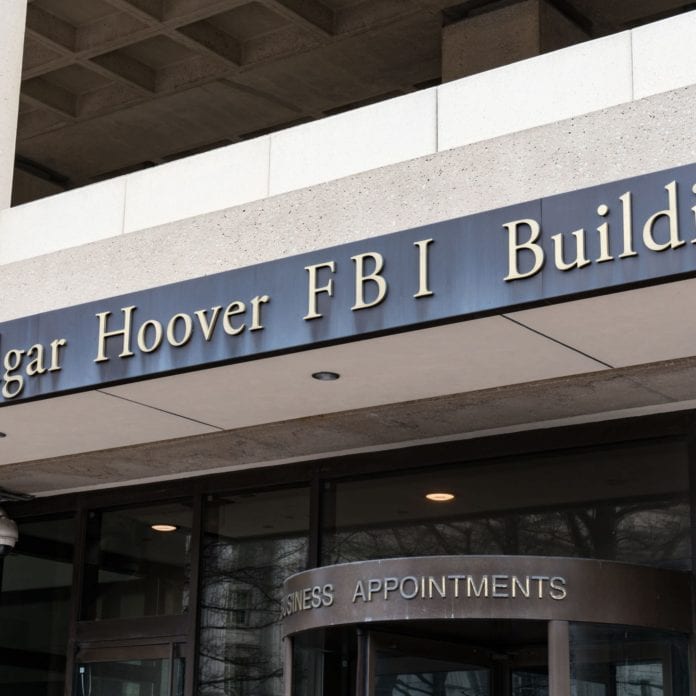As both Verizon and FirstNet-AT&T compete for public safety customers, FirstNet-AT&T has landed a $92 million communications contract with the Federal Bureau of Investigations that expands the bureau’s use of FirstNet to cover day-to-day communications as well as emergency operations.
AT&T says is the largest commitment that FirstNet has won to date from a law enforcement or public safety agency. FirstNet was already supporting some FBI customers, but Stacy Schwartz, vice president of AT&T’s FirstNet program, told IWCE’s Urgent Communications that the win means that the FBI will shift the remaining users from Verizon to FirstNet-AT&T in 2021.
FirstNet-AT&T has seen some success in making inroads with federal agencies. AT&T said that several Department of Justice agencies have already been using FirstNet, including the Drug Enforcement Administration, the U.S. Marshals Service, U.S. attorneys, and the Anti-trust Division, as well as the Bureau of Alcohol, Tobacco, Firearms and Explosives. ATF was the first federal agency to fully adopt FirstNet across about 4,800 users in 2018, AT&T noted.
The FBI contract means that those DoJ agencies can either expand upon existing FirstNet use, or begin using the network if they choose.
As of September 20, FirstNet-AT&T said that it is serving more than 1.7 million connections from more than 14,000 public safety agencies and organizations.
“We are pleased to see the DOJ expand its use of the network platform to connect more agencies within the law enforcement community. The FirstNet Authority looks forward to continuing to work with the Department to advance and enhance FirstNet for federal law enforcement,” said Ed Parkinson, CEO of the FirstNet Authority, in a statement.
In related public safety news, Verizon and Motorola Solutions have launched a 3GPP-based mission-critical push-to-talk product, called Group First Response, that supports voice, data and video and can be integrated with land mobile radio systems. Group First Response, according to Verizon Public Sector, is “based on the 3rd Generation Partnership Project (3GPP) standards for mission-critical push-to-talk (MCPTT) communication, which include quality of service and network priority and preemption for public safety, as well as fast setup time.”
Group First Response is available now, and Verizon said that existing Push-to-Talk Plus customers can upgrade without re-enrolling or replacing devices and that the two offerings will interoperate.
Verizon Public Sector said that the solution extends and complements LMR use by providing interoperable push-to-talk communications to public safety users without LMR radios or outside LMR coverage areas, and touted Group First Response as a way to augment capacity on an agency’s primary radio system and provide additional security, coverage and redundancy. The offering uses Motorola Solutions’ cloud-based Critical Connect service.
“For first responders, the ability to communicate using text, voice and video is essential to protecting the citizens they are duty-bound to serve and themselves,” said Vickie Lonker, vice president public sector product development at Verizon. Verizon added that the service allows end users to share files and multi-media, use role-based log-ins configured for specific features and talkgroups based on designated roles. Dispatchers can also “initiate on-the-fly group calls, demand or request video, see location and location history, and create area-based talkgroups,” the carrier said.
“Public safety agencies rely on LMR for reliable and resilient voice communications and also recognize the situational insights and operational efficiencies that LTE data can offer,” said John Zidar, senior vice president of global enterprise and channels at Motorola Solutions. “Multimedia interoperability across networks and devices is increasingly crucial, and the introduction of Group First Response gives first responders the most feature-rich, carrier-integrated MCPTT solution on the market for unprecedented awareness and collaboration.”

